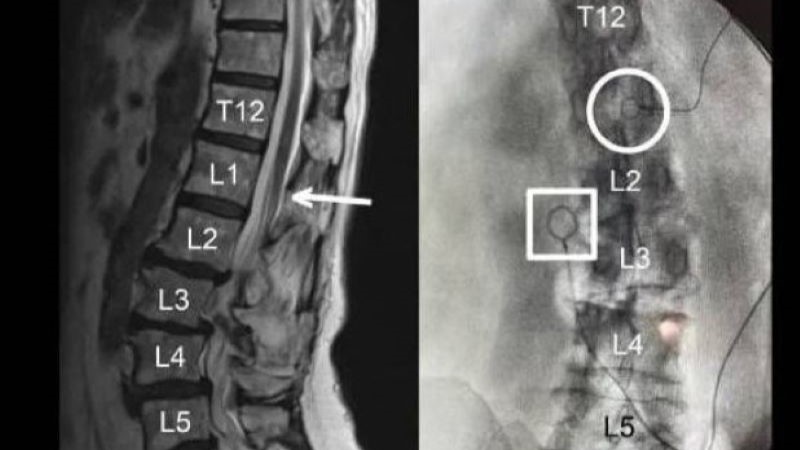
Black patients who undergo elective total knee arthroplasty (TKA) are more likely than white patients to be discharged to an inpatient rehabilitation facility (IRF) or skilled nursing facility (SNF) instead of home, according to new research.
“Total knee replacement is one of the most common and successful elective procedures performed in adults with arthritis, and previous studies have described racial disparities in outcomes,” said orthopedic surgeon and study author Michael Parks, MD, in a press release. “For this study, we wanted to determine if there was an association of race/ethnicity with discharge destination and hospital readmission after this procedure.”
To conduct their retrospective cohort study, Dr. Parks and the researchers queried the Pennsylvania Health Care Cost Containment Council Database for demographic data on all discharges of patients who underwent elective primary TKA at 170 Pennsylvania hospitals between April 1, 2012, and Sept. 30, 2015. The exposures were patient race/ethnicity and discharge disposition; the primary outcome measure was discharge disposition and 90-day hospital readmission.
Of the 107,768 patients included in the analysis, 7,287 (6.8%) were black, 68,372 (63.4%) were women, 46,420 (43.1%) were aged <65 years, and 60,636 (56.3%) were Medicare participants.
“The analytic sample, which included a total of 107,768 patients, found that African American patients were 2.5- to 5-times more likely than white patients to be discharged to an inpatient rehabilitation facility or skilled nursing facility rather than to their home,” according to Dr. Parks. “In 2015, almost 50 percent of African American patients were discharged to a skilled nursing facility.”
When stratified by age and race, black patients aged <65 years, compared to white patients, were more likely to be discharged to an IRF (adjusted relative risk ratio [aRRR], 2.49 [95% CI, 1.42-4.36]; P=0.001) or SNF (aRRR, 3.91 [95% CI, 2.17-7.06]; P<0.001). Younger black patients were also more likely to require 90-day hospital readmission (adjusted odds ratio [aOR], 1.30 [95% CI, 1.02-1.67]; P=0.04) than white patients. Among the older cohort, black patients were more likely than white patients to be discharged to an SNF (aRRR, 3.30 [95% CI, 1.81-6.02]; P<0.001). Across both age groups, 90-day readmission risk was greater among patients discharged to an IRF (age <65 years: aOR, 3.62 [95% CI, 2.33-5.64]; P<0.001; age ≥65 years: aOR, 2.85 [95% CI, 2.25-3.61]; P<0.001) or SNF (age <65 years: aOR, 1.91 [95% CI, 1.37-2.65]; P<0.001; age ≥65 years: aOR, 1.55 [95% CI, 1.27-1.89]; P<0.001).
In their conclusion, the researchers recommended that future studies evaluate the relationship between changing Centers for Medicare & Medicaid Services policies and cost, quality, and equity of care.
“We need to understand that there are people who may not fit into the new complex reimbursement bundles who require specialized care, and we need to make sure we address their needs going forward,” suggested Dr. Parks.







 © 2025 Mashup Media, LLC, a Formedics Property. All Rights Reserved.
© 2025 Mashup Media, LLC, a Formedics Property. All Rights Reserved.